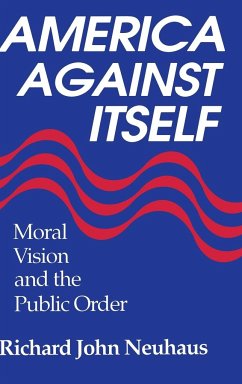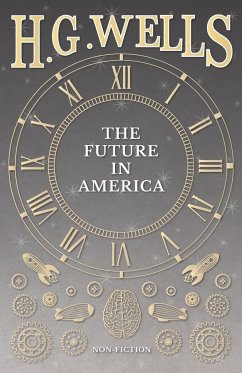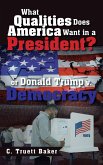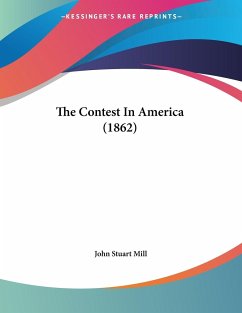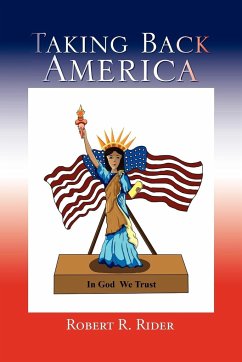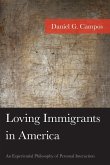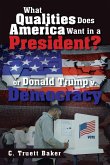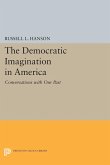An even-tempered (if rather partisan) critique of the American soul as it exhibits itself on the different fronts of our ``culture war.'' Neuhaus (Unsecular America, 1986, etc.) traces the traumas of our social and political life back to their ontological roots and supplies a prognosis that will undoubtedly scandalize as many as it sways. A Catholic priest and scholar who presides over the Institute of Religion and Public Life, Neuhaus has concentrated his sociological efforts for some years now on the intersection between the political and the spiritual in American life. In doing so, he has run counter to prevailing notions of secularism--held only, he maintains, by an elite minority--that would, he says, collapse all religious impulses into an entirely private realm. Neuhaus skips over the more obvious examples of conflict--school prayer, Nativity scenes in public parks, etc.--and attempts in more theoretical terms to show that liberal democracy (in its American incarnation) requires a religious foundation if it is to succeed as a unifying social force. He draws on his experiences with the civil-rights movement to show how a religious vocabulary can be used--as it was by Martin Luther King--to bring together even the most mutually antagonistic groups. One might question Neuhaus's optimism in light of the increasing lack of cohesion in most mainline churches today, and parts of his argument display an inclination toward the sort of ``throne-and-altar'' alliance that has bedeviled European reactionaries for two hundred years--but his analysis of the seeming void around which the ``secular'' consensus is built, and the fragility of the social structures that depend upon that consensus, is challenging, prescient, and ominous. And his chapters on the abortion issue, while hardly impartial, are remarkably free of the usual cant. A trifle glib and overconfident, Neuhaus's tone can irritate. His thesis, however, is original enough to compel attention and forceful enough to provoke thought. -- Copyright ©1992, Kirkus Associates, LP. All rights reserved.
Hinweis: Dieser Artikel kann nur an eine deutsche Lieferadresse ausgeliefert werden.
Hinweis: Dieser Artikel kann nur an eine deutsche Lieferadresse ausgeliefert werden.

